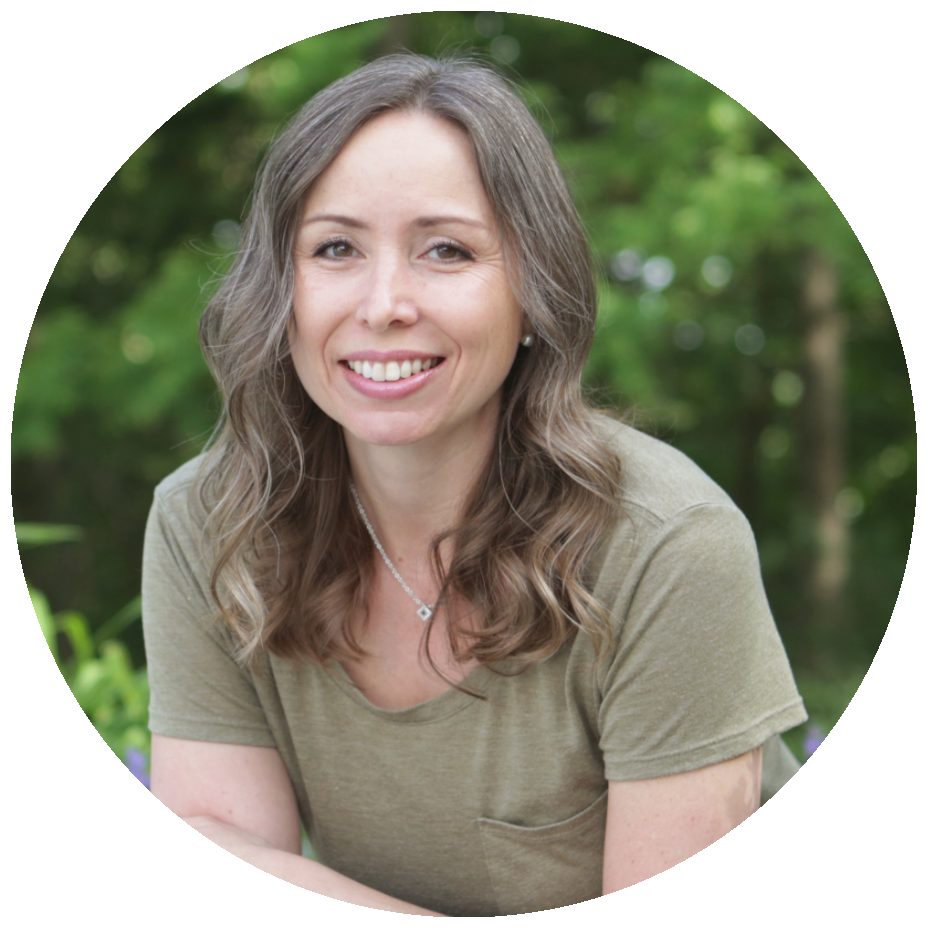.jpg) Although I am not a music teacher and can’t carry a tune to save my life, I do have a passion for music. I feel strongly that my children should learn at least the basics of music theory, as well as have an appreciation of the great composers. We touched on music theory and appreciation in Classical Conversations, but I felt the lessons were a little disjointed. The included music lessons didn’t paint a big picture of music history and they were a very quick introduction to music theory. Obviously working with mixed age groups makes very involved lessons complicated, but it didn’t seem like any of my children benefited from the music time. I also dreaded the tin whistle instruction. I am relieved to not be listening to the cacophony of many little people blowing into them at the same time.
Although I am not a music teacher and can’t carry a tune to save my life, I do have a passion for music. I feel strongly that my children should learn at least the basics of music theory, as well as have an appreciation of the great composers. We touched on music theory and appreciation in Classical Conversations, but I felt the lessons were a little disjointed. The included music lessons didn’t paint a big picture of music history and they were a very quick introduction to music theory. Obviously working with mixed age groups makes very involved lessons complicated, but it didn’t seem like any of my children benefited from the music time. I also dreaded the tin whistle instruction. I am relieved to not be listening to the cacophony of many little people blowing into them at the same time.
As we design our new local community, Bridges Classical Community, it’s been exciting to plan these elements to give the children a bigger overall representation. Again, with mixed ages we can’t go into great depth for music theory. But the community will be studying a more in-depth introduction, as well as learning about the orchestra, instruments, and types of musical compositions. I’m also eager to share about the different music eras with a brief overview of music history. We’ll then spend 15 weeks each cycle doing studies of famous composers, covering all of the music eras and “classic” styles. That will include a total of 60 different composers over four years! I think I’m most excited about doing so many composer studies and giving the children a big picture of how music has changed and evolved since the Middle Ages. Giving them exposure to many different composers and styles will help them develop their own preferences. I’ve loved music since playing violin as a small child, thanks to a couple wonderfully passionate teachers. I hope I can pass that onto my children through these studies.
I thought I’d share the composers who we’ll be studying with our local community this year, in case the list might be helpful to other homeschooling families.
- Hildegard von Bingen
- Giovanni de Palestrina
- Josquin des Prez
- Antonio Vivaldi
- Francois Couperin
- Franz Joseph Haydn
- Muzio Clementi
- Franz Shubert
- Sergi Rachmaninoff
- Guiseppe Verdi
- Antonin Dvorak
- Hector Berlioz
- Claude Debussy
- Maurice Ravel
- George Gershwin
We will study 15 composers during each of the four cycles that Claritas offers – the list above goes with our Cycle 4 studies. The composers represent the Middle Ages, Renaissance, Baroque, Classical, Romantic and Modern eras of music history. I’m interested to see how the children react to each composer’s style and hope they find at least a favorite (or two)! And if nothing else, this will give them an understanding of how music has changed through each era.






